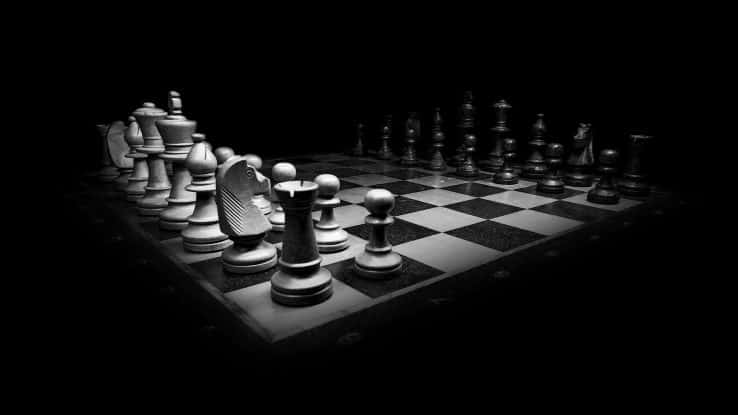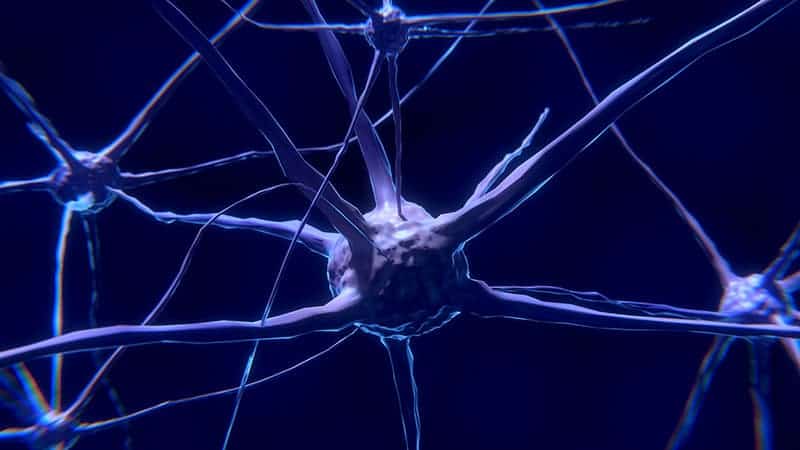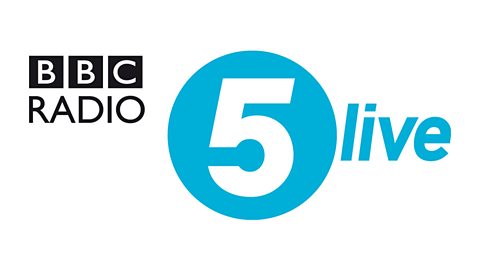Can playing chess make you smarter? – Maybe not!
When you think of someone who plays chess regularly, there is a good chance that you will think of someone clever and good at maths. With this in mind, it is little wonder that many children worldwide are encouraged to try their hand at playing chess. These parents will often think that the game could significantly boost the child’s intelligence levels, which can positively impact their school work as a whole.
Chess is indeed a fantastic game to master. It has a rich history, however, is there any evidence that it can make you smarter? Or is it the case that those who choose to play chess may already be considered above the usual level of intelligence?
Chess is a brain game
The idea that chess can make you smarter might come from the fact that the game itself requires concentration and intelligence. Not only does this help your brain to focus, but many people think that it also can help you to improve your academic abilities and achievements too.
To find out more about whether or not there is a link, the Institute of Education decided to investigate whether or not chess impacted academic skills. As part of the test, they looked at almost 4,000 British children.
This particular study seemed to produce some rather disappointing results. In these children, the overwhelming result was that chess provided no effect on the attainment levels of mathematics, literacy or science.
Despite this, the chess community questioned these results and their reliability. They stated that other studies had provided a much more optimistic picture regarding the academic benefits of chess.
Is there any truth in the chess communities claims?
It is thought that when it comes to the claims of chess and the effects it has on children, that there may be many shortcomings in the methodologies of the Institute of Education study. This could go as far as to invalidate the results that have been found.
Other studies have found that chess could have a moderate impact on the cognitive ability of those who play it regularly. Particularly in mathematics, which we all know can be hard to master.
However, there is one main issue with this finding. Namely, there have been no other comparative studies on whether or not there are other activities that can impact cognitive and academic skills. Skills and activities that induce feelings of fun or excitement can positively affect test scores, a placebo effect if you like.
Could this apply to chess? The chances are that it may.
So, is it worthwhile trying out chess?
Whilst there may be no correlative link between chess and increased cognitive or academic abilities, that doesn’t mean that there is no point trying it out. Chess is a great activity to get children thinking and encourage them to think differently. It is also ideal as a boredom buster, particularly on a rainy day and is more interactive and bonding them, allowing them to play on a games console.
Not only this, but chess can also positively impact some aspects of their learning, namely their mathematical skills, which can prove valuable to them as they learn and grow.
How to get started with chess
Think that you would like to try out chess with your child? Not sure where to start? The best place, much like many things with children, is to make sure that they see chess as something fun that you can do together, as opposed to a learning activity which they “have to do”.
You also do not want to overwhelm them with too much information. Chess can be a complicated game and can take a while to master. This means that you should do your best to break it down and make it simple and easy to understand.
Not only this, but you also need to take time with them. Don’t get frustrated if your children take some time to understand it. After all, it may seem obvious to you, but it might not to your child.
Another top tip for chess with children is that you need to try your best to make it fun. Of course, the traditional chess sets might be the most appealing to you. However, it might make sense for your children to try out some of the themed sets that you can buy.
Chess might not always jump to mind when it comes to an activity with your child; however, it is worthwhile trying out. It can help them with some of the basic skills they may need for school, and whilst it may not make them a genius, it can help train their brain and get them thinking.
If you are not sure how to play chess yourself, it can also be fun to learn together. There are various online guides, both written and video, that can teach you the basics of chess and help you pass on this information to your child.
In no time at all, you may find yourselves looking forward to your chess sessions and spending some time together, even if it does get competitive after a while!








